Everything You Need to Start Growing Food Organically
Growing Organic Vegetables in Raised Beds
The Best Veggies to Grow in Raised Beds Organically
Growing Fruit Trees Organically
Managing Pest Control Organically
It’s no secret that buying spray-free produce from the supermarket is a bit on the pricey side, but the good news is, growing food organically in your own yard is way more budget-friendly. If you’ve been wanting to make the switch over to chemical-free fruits and veggies, but don’t feel like taking out a mortgage to pay for a bag of potatoes, make the switch to organic edible gardening! You’ll save money, have a continuous supply of delicious garden-grown produce, and you can revel in the satisfaction of knowing you’re gardening for the greater good! The benefits of creating an organic vegetable gardening are staggering. When you garden organically, you’re helping to protect the bees and maintain the delicate balance of soil flora—step aside WonderWoman, this looks like a job for the Houston SuperGardener.
Growing Organic Vegetables in Raised Beds
If you’re new to edible gardening, here’s a hot tip to get you started on the right foot: the best way to plant your vegetable garden is in a raised bed. With a raised bed, the soil is less compacted so your roots can grow nice and deep, and the temperature is easier to monitor. If we’re hit with a winter that’s chillier than normal, you won’t have to wait for things to warm up before sowing your seeds—you can just go straight to seeding in your raised garden bed, and the sunshine will warm the soil up much faster than when it’s in the ground.
You can also mix in organic material and compost into a raised garden bed much easier, which means better soil drainage and more nutrients for your hungry vegetable plants. Healthier plants means tastier food and bigger crop yields, so make sure your garden plants are well fed, so you can be too!
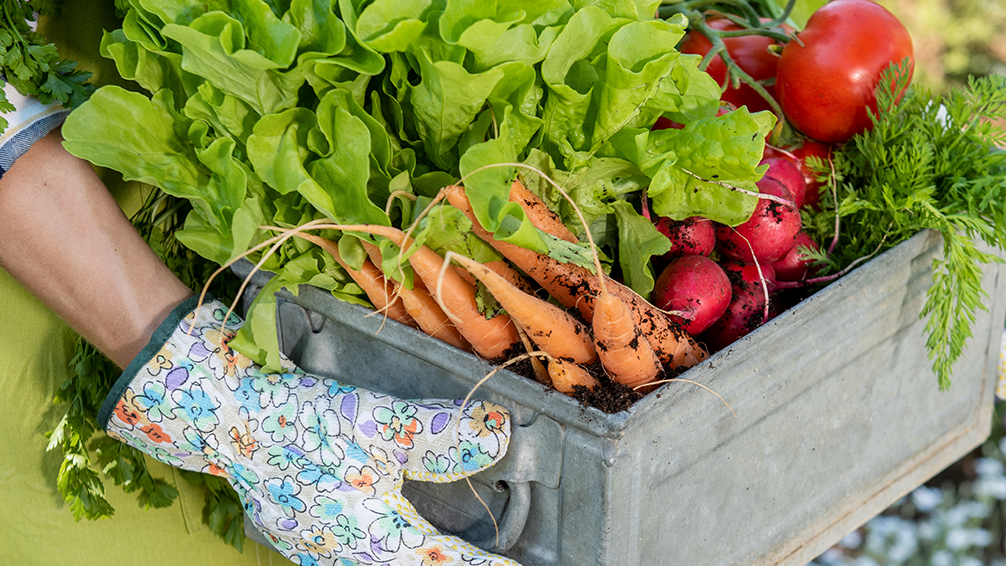
The Best Veggies to Grow in Raised Beds Organically
While there are definitely benefits to growing all plants organically, certain edibles are significantly safer to consume when they haven’t been sprayed with pesticides. As a general rule, it’s the thin-skinned fruits and vegetables, as well as leafy greens, that are best if grown organically, because they soak up much more of whatever they’re coated with. Here’s a list of the best plants to grow organically in Houston:
- Tomatoes
- Salad Greens
- Basil
- Carrots
- Beans
- Potatoes
- Blueberries
- Strawberries

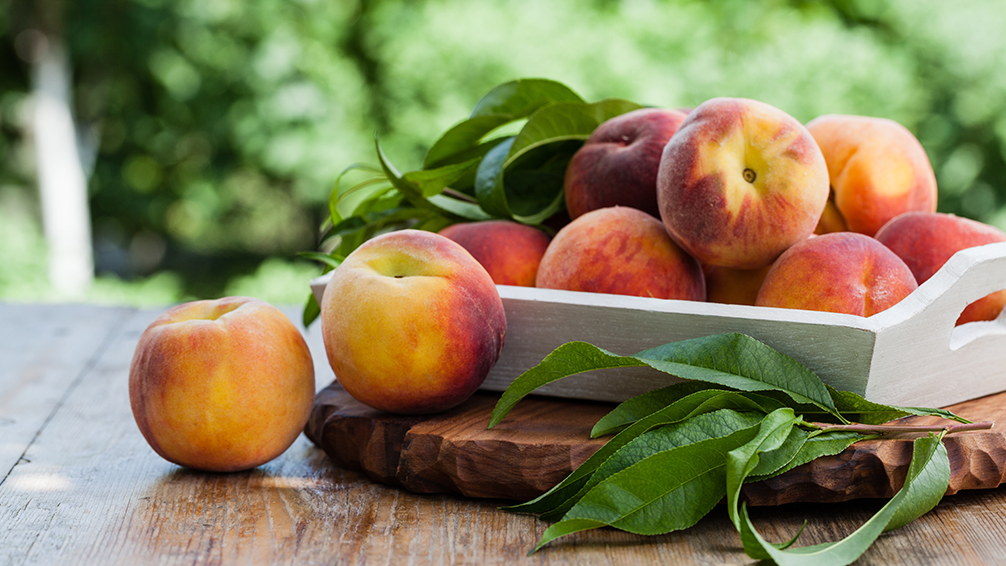
Growing Fruit Trees Organically
Our warm Houston climate is ideal for growing loads of different fruit trees, and it’s not too difficult to grow them organically. To really help boost the growth of your fruit trees, consider brewing up a jug of compost tea, or purchasing fresh tea at the nursery (but don’t mix it up with your jug of cold brew or you’ll be in for a nasty surprise!). This is one of the best organic vegetable garden feed options around, but it’s particularly great at giving your trees a little extra oomph. Pour compost tea all around the base of your fruit tree, at least a few feet around so it can soak through the soil and reach more of the roots. These are some of our favorite fruits to grow organically— plant one or two, or plant them all for a solid lineup of tasty fruits to toss into your sangria!
- Peaches
- Figs
- Pears
- Apples
- Oranges
- Lemons
- Limes
- Grapefruits
- Pomegranates
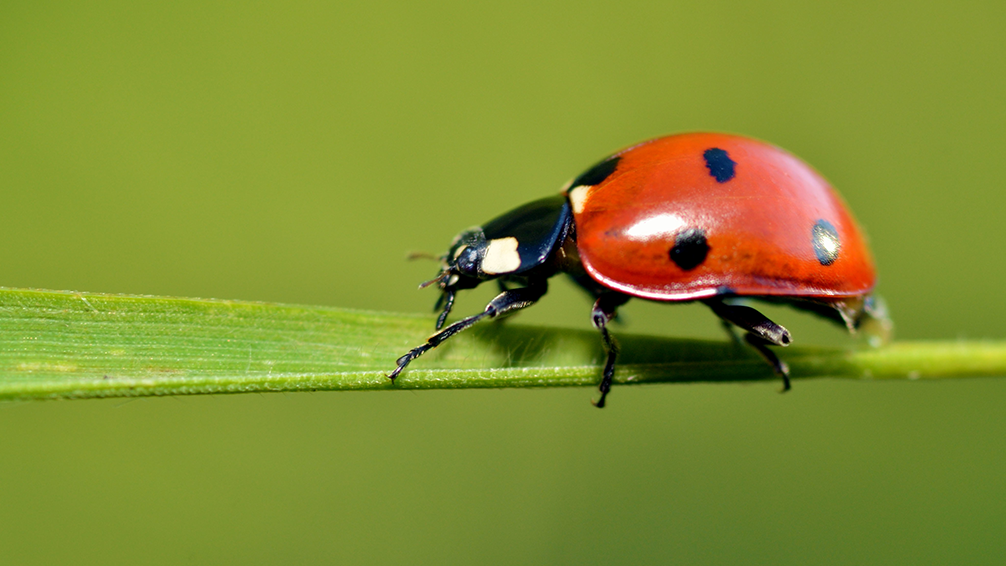
Managing Pest Control Organically
So, the main worry about growing food organically is keeping the pests at bay. How do you naturally manage pests without having to resort to those hardcore chemicals that kill both the bad bugs and the good bugs? Luckily, there are several methods to kick bug butt without threatening the safety of our pollinator friends (because without pollinators, our food gardening endeavors definitely won’t be as fruitful).
Build up Soil Health with compost and organic material, first and foremost. Healthy soil makes for a healthy garden, so it will be much better at withstanding pest or fungal infestations. Kinda like taking your Flintstone vitamins makes you less likely to catch a cold!
Introduce or Attract Beneficial Insects and Predators to help maintain the balance of wildlife. Ladybugs are a popular option, and they’re much cuter than your average garden bug, so if you’re a bit squeamish at the thought of unleashing a bunch of insects in the garden, ladybugs will freak you out a little less. They’re packaged up and refrigerated, which puts them into hibernation mode (kind of like when Dr. Evil gets cryogenically frozen in the Austin Powers movie), and once they warm back up to room temperature, they’re hungry and ready to gobble up some bugs.
Encouraging natural predators to visit your garden—or not actively trying to repel them—will also help to manage garden pests. Installing a water feature or a feeder is a great way to bring birds to the yard!
Planting organic vegetables and getting to enjoy the healthy, flavorful harvest is pretty sweet, but knowing that you’re helping protect the wildlife and the environment is super satisfying. Be the hero Texas needs: the defender of the bees, and protector of the soil! Get started on your organic SuperGardening adventure by visiting us at Plants for All Seasons, and we’ll get you set up with all the necessary tools and supplies. Now all you need is a snappy superhero name…

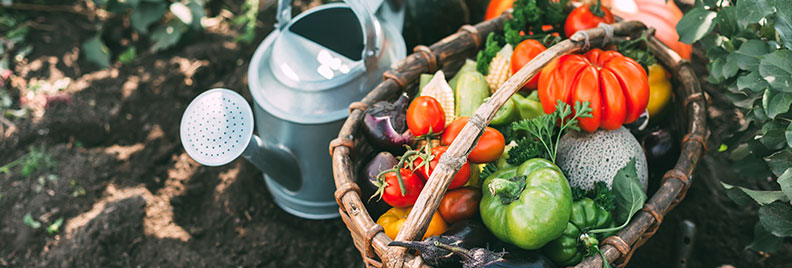
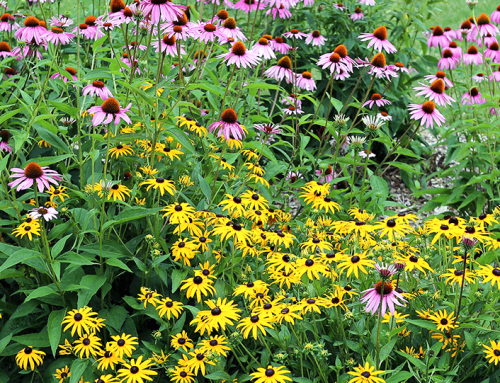
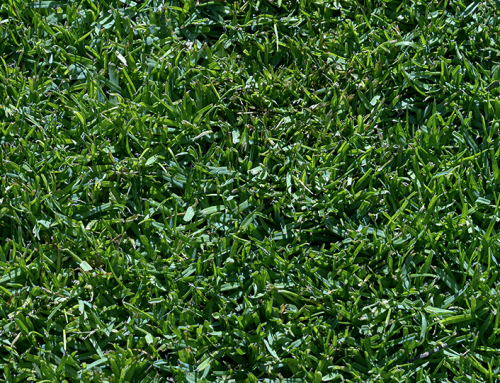
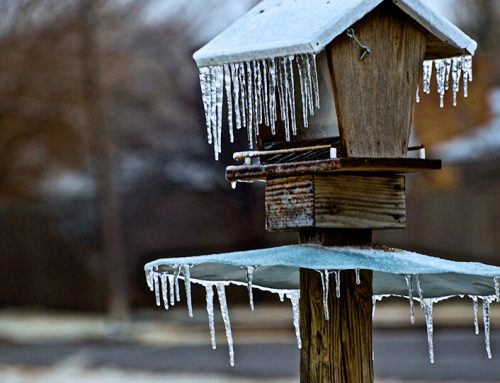
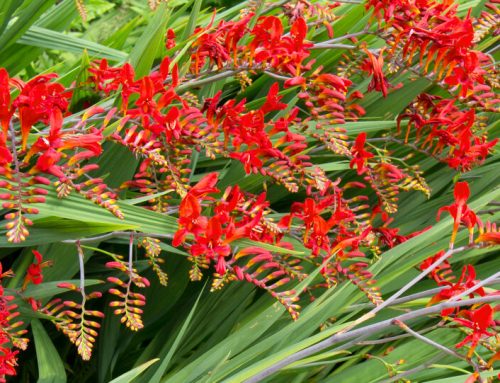
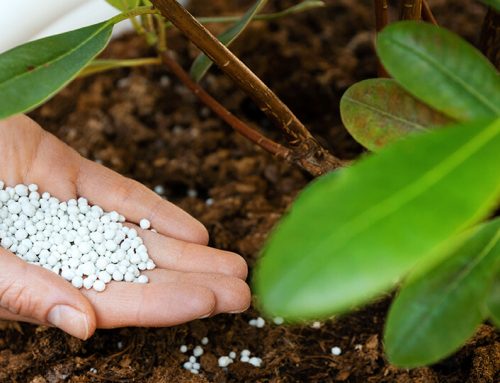
Leave A Comment